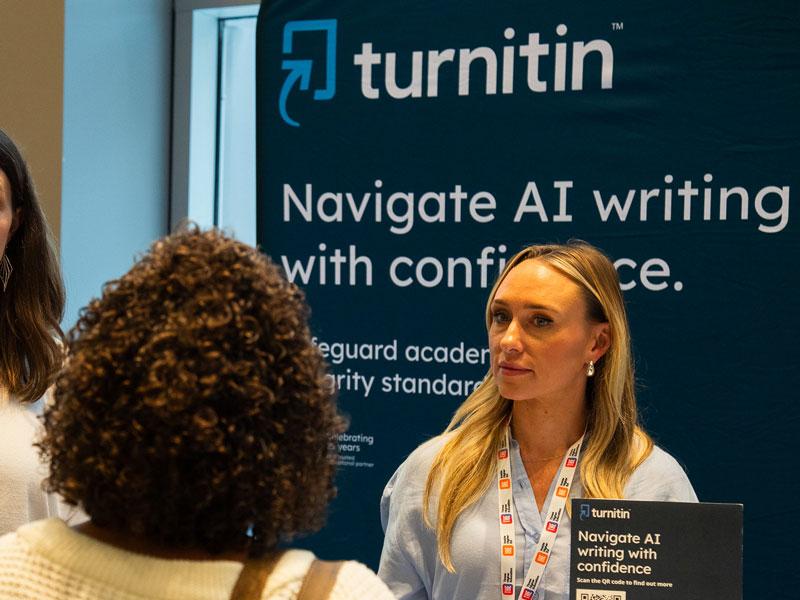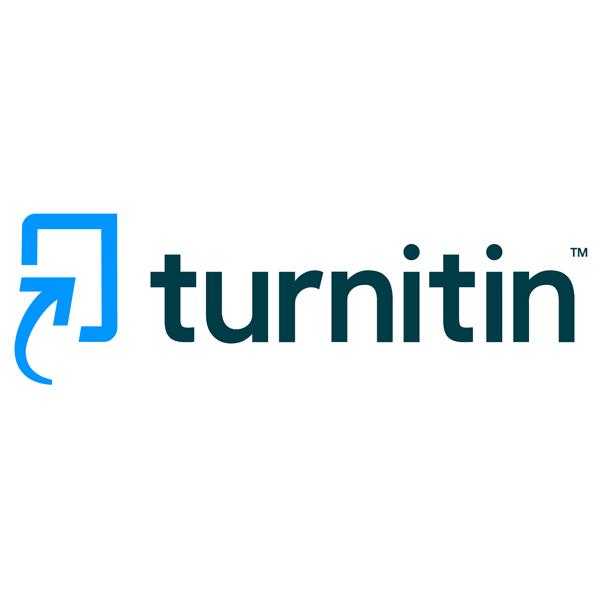
AI in higher education: from panic to positivity


Turnitin
Learn how Turnitin empowers educators with insights and sets students up for success
Patti West-Smith, senior director of customer engagement at Turnitin, describes November 2022 as the ‚ÄúChicken Little‚Äù phase of generative AI. ChatGPT had stormed onto the scene and many educators were acting as though the sky was falling in, she told delegates at 91«—◊”‚Äôs 2024 Student Success US event. Headlines claimed ‚Äúthe essay is dead‚Äù, and institutions feared that AI would rip through academic integrity and herald a new era of student misconduct.
“Two years later, things have started to shift to a more positive outlook. The outright bans on using generative AI have gone away and we’ve moved away from panic and fear,” she said. “However, many educators still feel unsettled.” West-Smith argued that the rapid rise of generative AI has been like the advent of the printing press, which brought about huge changes in education and who had access to it. “It’s hard to predict where it will go as the technology is rapidly evolving, and just when you think you have a handle on it, something new comes along.”
West-Smith highlighted a concerning gap between educators’ perceptions of the role of AI and that of students. According to Turnitin’s research, 60 per cent of students now use AI regularly, compared with just 35 per cent of faculty. The majority of educators think the most appropriate use of tools such as ChatGPT is research and brainstorming, but almost two-thirds of students believe that writing some or all of their assignments is the most appropriate use.
Institutions will need to address this gap going forward, looking at how they equip students with in-demand skills that cannot be replicated by large language models and machine learning. “Learning to write on your own is still absolutely critical,” added West-Smith. “The learning and thinking that goes into writing builds critical thinking skills, which right now is the biggest differentiator between human intelligence and AI. Writing is all about thinking, so it builds strong written and oral communicators – people who can explain, teach and argue a point.” These skills will be essential in workplaces for years to come, as well as in students’ day-to-day lives, she added, so institutions must continue to teach writing.
For educators who want to keep an eye on students’ use of AI, Turnitin provides a number of tools that can identify where text has been AI-generated. But these tools are designed to start conversations with students rather than apportion blame. “The result we produce is just one tiny piece of the information available – we can guide conversations, help develop policy and encourage students to use these tools appropriately,” West-Smith explained.
She concluded that students and institutions should embrace the positives of AI: “Our take is that we believe AI can improve the world, increase productivity, lead to higher-paid jobs and new energy and medical discoveries. The potential of these tools is vast.”
about Turnitin.
